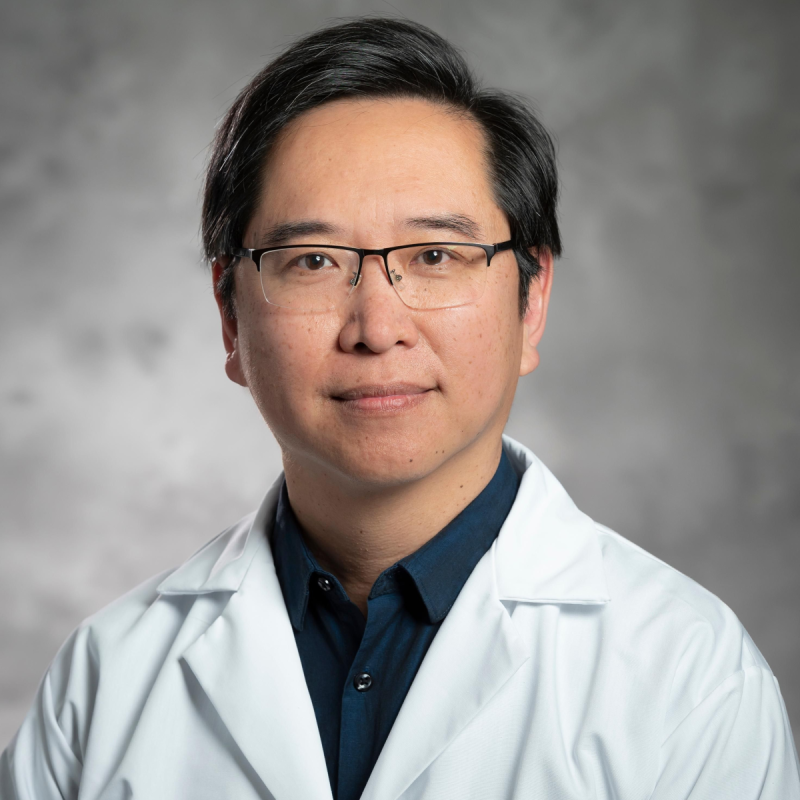Trudy Oliver Receives Lung Cancer Initiative Funding Award
Trudy Oliver, PhD, DCI member and professor of in the Duke Department of Pharmacology and Cancer Biology, received the Vicky Amidon Innovation in Lung Cancer Research Award from the Lung Cancer Initiative (LCI). The award recognizes and provides research funding for innovative lung cancer projects that will improve the lives of those diagnosed with lung cancer in North Carolina. Since 2008, LCI has funded more than $4.2 million in lung cancer research through programs like the research fellowship grant, health disparities in lung cancer grant in partnership with the V Foundation for Cancer Research, Career Development Award, and the Vicky Amidon Innovation in Lung Cancer Research Award.
Zou lab: A new weakness in cancer cells
One of the reasons cancer cells are so dangerous is their ability to shift between distinct “cell states,” a trick that helps them spread, survive treatment, and come back even after therapy initially works. Researchers from Duke University School of Medicine have discovered a new vulnerability that appears during the brief moments when cancer cells switch from one state to another. They also identified a way to exploit this weakness, opening a potential new path for cancer treatment.
Zhang Promoted to Associate Professor
Zhao Zhang is among faculty in the School of Medicine who have been promoted or appointed to the rank of associate professor.
Armstrong, Newgard named to Clarivate's Highly Cited Researchers 2025 List
Two PCB-affiliated faculty have been recognized for their "significant and broad influence in their field(s) of research:"
PCB Retreat Showcases Research and Honors Trainees
The Department of Pharmacology and Cancer Biology held its annual retreat in October 2025 in Wrightsville Beach, North Carolina, bringing together faculty, trainees, and staff for two days of scientific exchange and recognition. Five faculty members and eleven trainees presented their work during three scientific sessions, and nearly 60 trainees showcased their projects in a judged poster session.
New Funding Awards - July 2025 to September 2025
Congratulations to the following faculty members for receiving these sponsored research awards:
Campbell Lab: Alpha Cells Moonlight as Secret GLP-1 Factories
A study led by PCB secondary faculty member Jonathan Campbell, PhD, shows that alpha cells in the pancreas unexpectedly churn out potent, insulin-boosting GLP-1 to help control blood sugar.
Oliver Lab: Basal Stem Cells Identified as Origin of Small Cell Lung Cancer in Lab Models
In a study published in Nature, Duke researchers reshape understanding of how small cell lung cancer begins.








